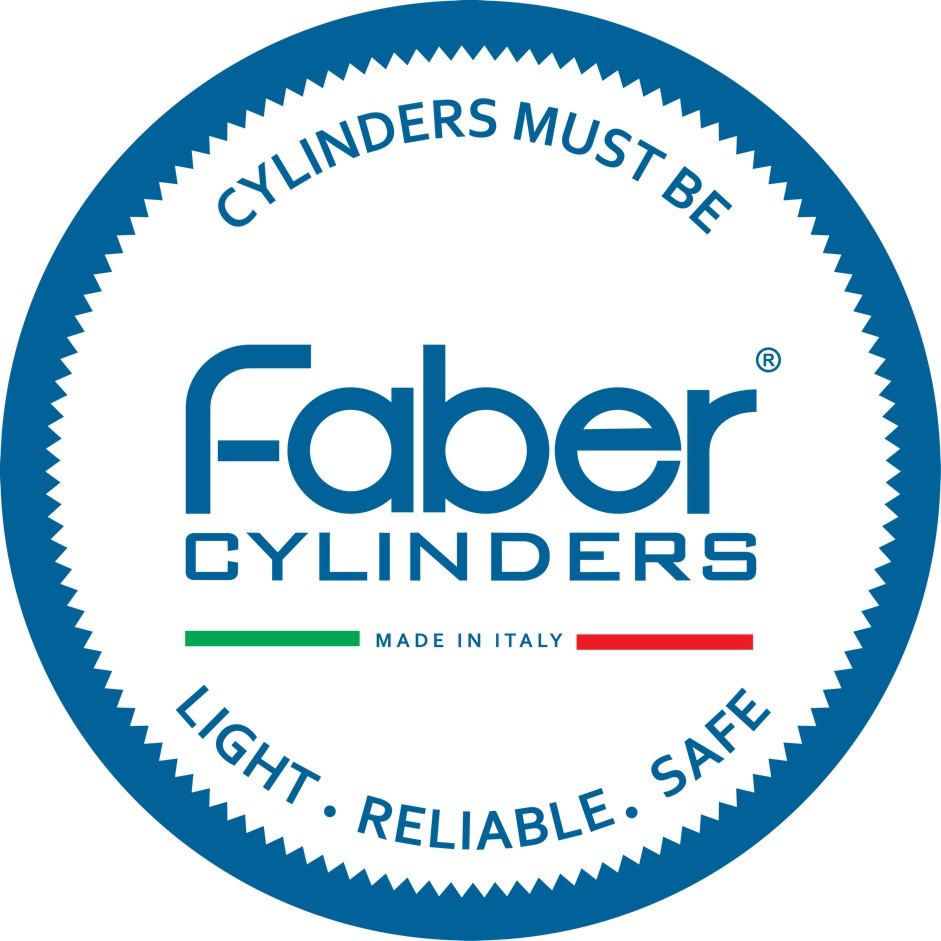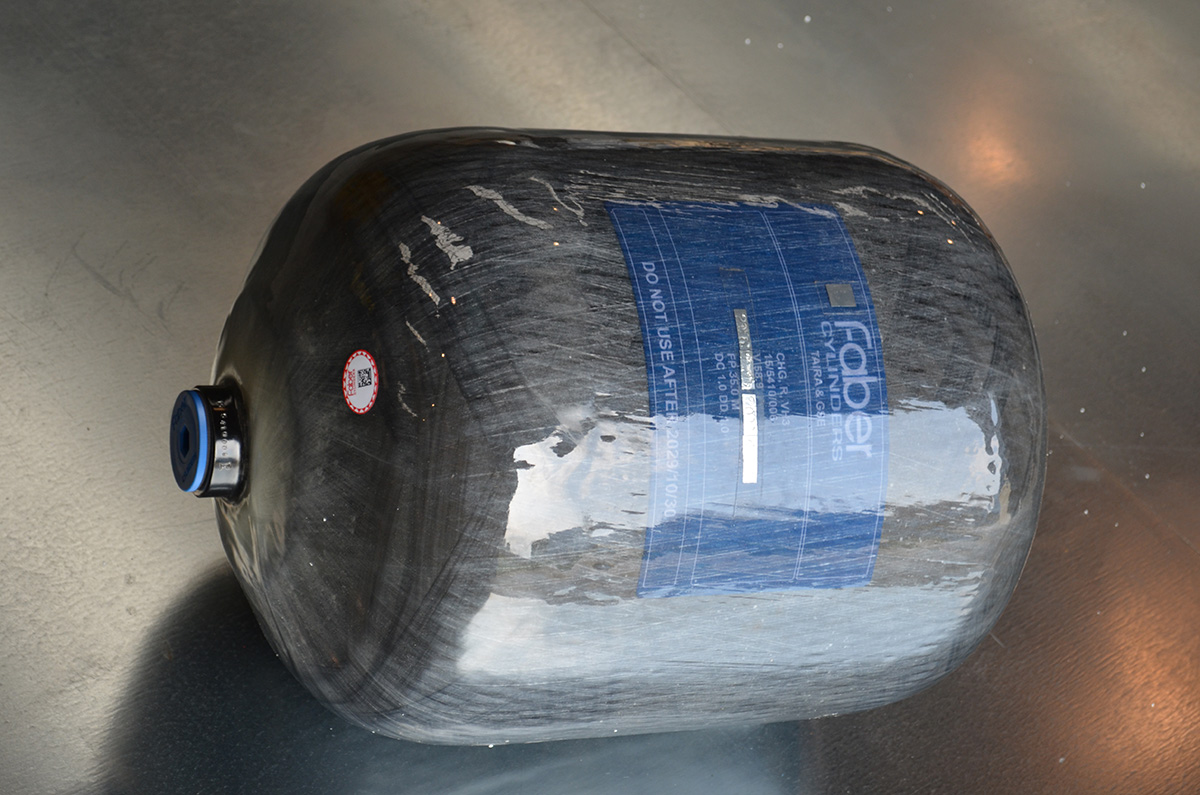Fuel Cell Forklifts Expanding Faber's Product Portfolio
GDuring this difficult time which we are facing globally, Faber is continuing its efforts to ensure the supplies of high-pressure gas cylinders to support the much-needed infrastructure sectors. This includes industrial vehicles (or non-road special vehicles) operating on fuel cells with not only the excellent environmental performance and lower operational costs, but designed also to function as a moveable generator to provide power in the time of emergency.
Faber’s relatively new endeavor in the hydrogen-powered cylinders for industrial vehicular application since the turn of the century is coming to fruition with more demands in the recent years.
Initial development activities for unique cylinder design for fuel cell forklifts began in collaboration with a Japanese giant in 2007. Faber’s design includes chrome-molybdenum steel lined Type 3 cylinders and unlike other markets, the Japanese regulation JARI S 001 does not foresee the use of such material for composite cylinders. This meant the cylinders were to be granted Special Approvals through the Preliminary Evaluation Committee presided over by a group of academic experts under The High Pressure Gas Safety Institute of Japan (KHK). Through tireless efforts of catering to the normative requirements, Faber was successful in obtaining its Approval for the first generation model in the year 2012 (trial approval already granted in 2008), which were updated over time to accommodate the operational needs of the FC lift. Since the demonstration period of 2012 up to now we have added three more capacities for both FC forklifts as well as a new FC towing tractor for luggage hauling.
Faber’s hydrogen cylinders for FC lifts outside Japan are approved according to EN ISO 9809, ISO/TS 15869, ISO 19881 and the more demand foreseen for the coming months and years. In particular for the US, a great hike in the FC lift numbers has been seen today at +31,000 units, making the market unique and interesting. Faber is already well positioned to fully benefit the current market demand and future uptake as Tier 1 supplier.
"Fuel cell forklifts would already be competitive given sufficiently low hydrogen costs of around USD 6 to 7 per kg. The analysis assumes that a forklift operating in a warehouse on two eight-hour shifts per day with one refuelling able to cover both shifts. Fuel cell forklifts were compared with full battery electric units as the low-carbon alternative, and diesel as the conventional alternative. Even today, both the fuel cell and battery technologies outcompete the diesel in the right conditions."
- Excerpts from Hydrogen Council "Path to hydrogen competitiveness" – January 2020
Established in 1969 and operating since 1972, Faber has grown rapidly to become the world's leader in the production of cylinders (Types 1, 2, 3 & 4) and systems for the storage of High-Pressure Gases for the Clean Energy (CNG and H2), Industrial and Air Breathing sectors. The world over, with a production capacity of a million cylinders, Faber has earned the best reputation for its high standards of quality and for its capability to comply with the most stringent specifications set down by International Bodies, Local Authorities and its customers.
Cividale del Friuli, 01/05/2020


share this article

 Fuel Cell Forklifts
Fuel Cell Forklifts